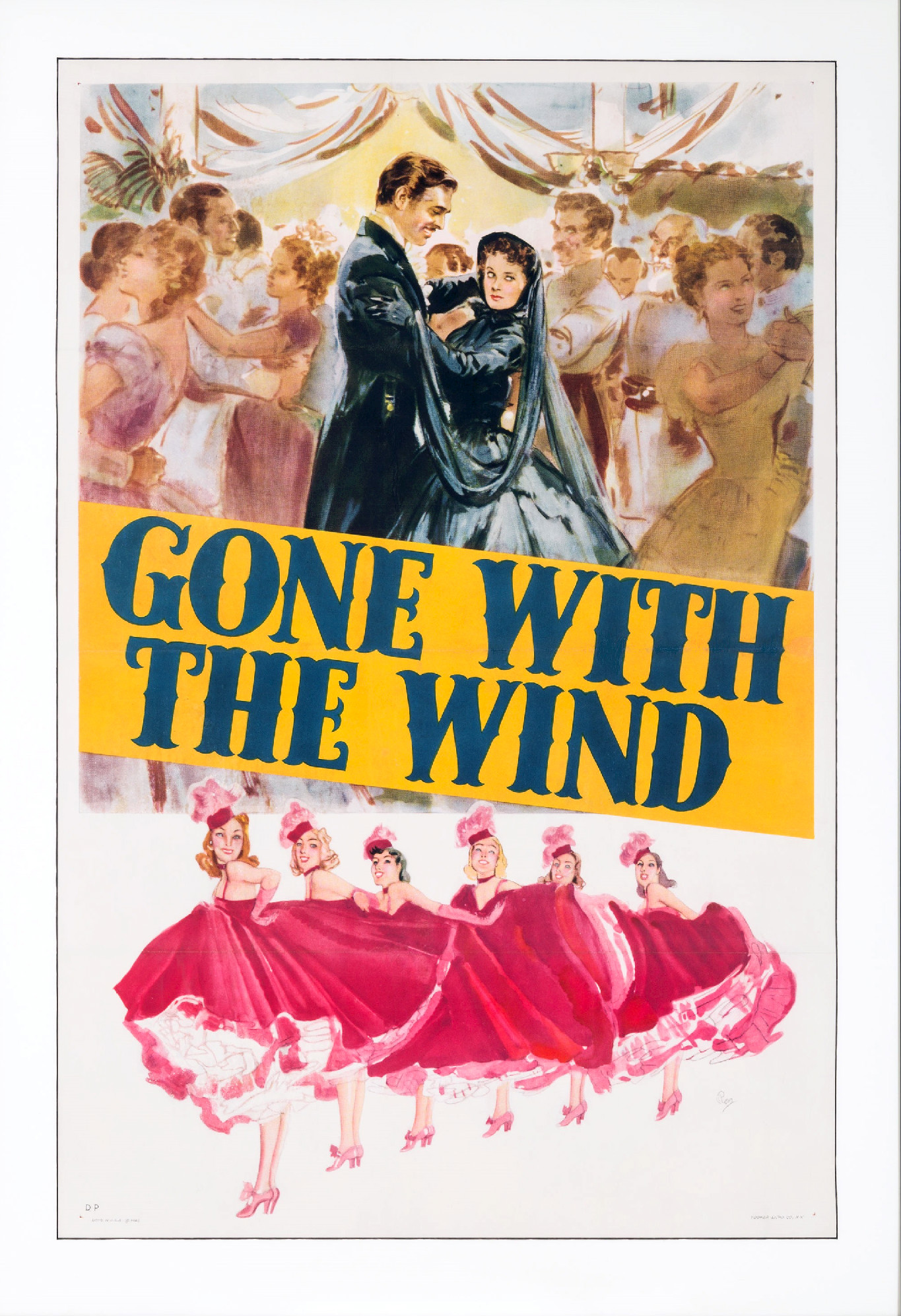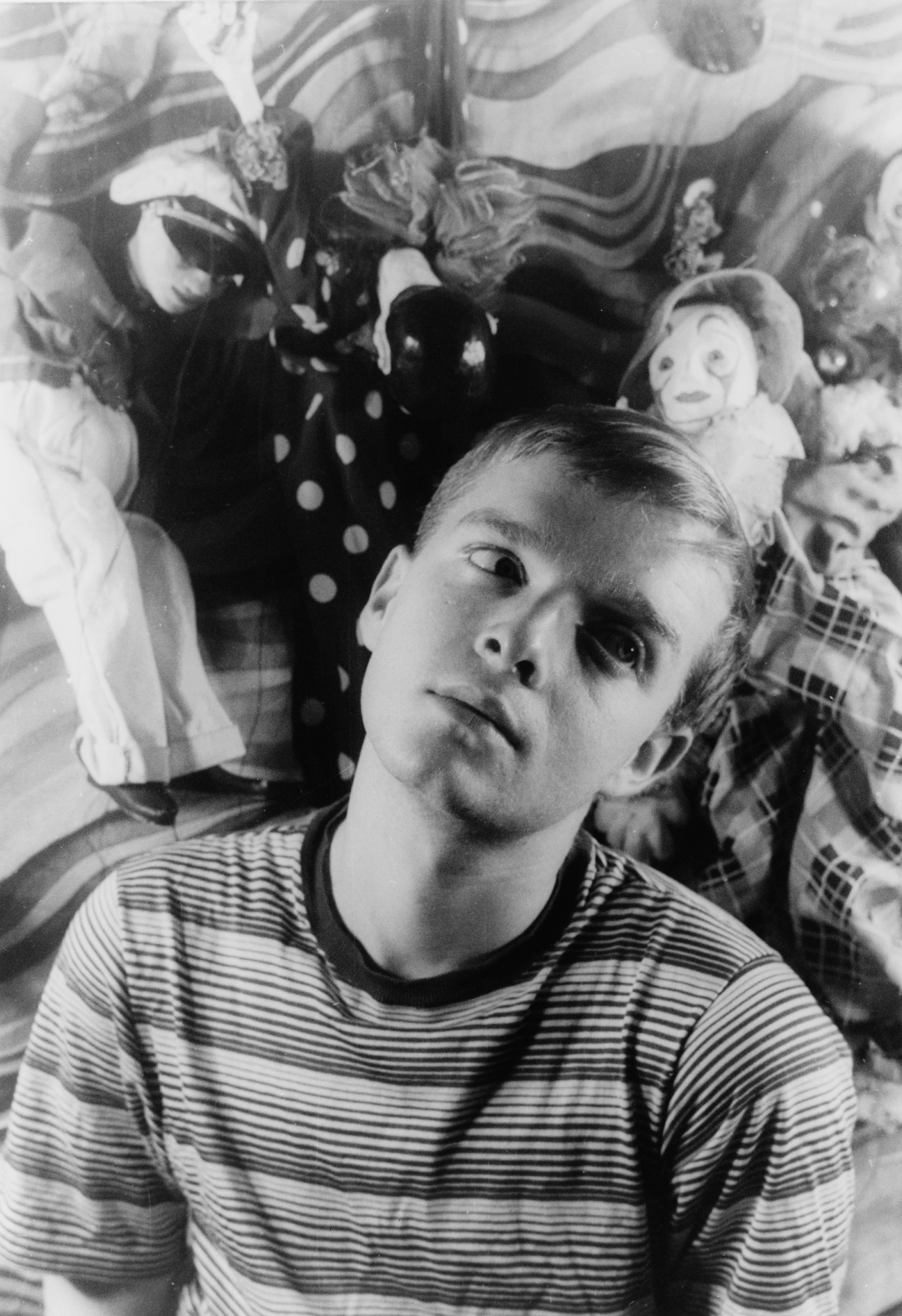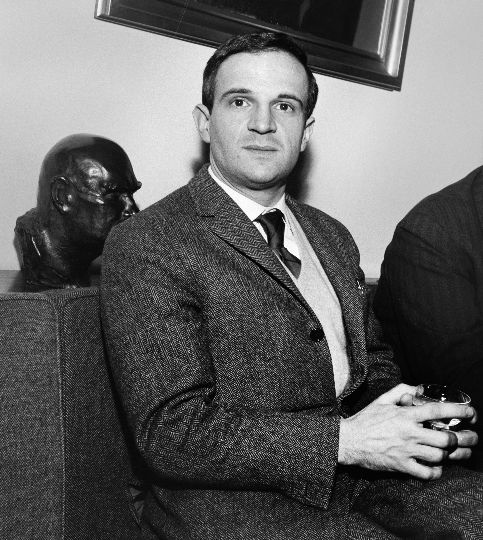|
Children Of Paradise
''Children of Paradise'' (original French title: ''Les Enfants du Paradis'') is a two-part French romantic drama film by Marcel Carné, produced under war conditions in 1943, 1944, and early 1945 in both Vichy France and Occupied France. Set in the theatrical world of 1830s Paris, it tells the story of a courtesan and four men — a mime, an actor, a criminal and an aristocrat — who love her in entirely different ways. It has received universal critical acclaim. "I would give up all my films to have ''Les Enfants du Paradis''", said '' nouvelle vague'' director François Truffaut. In Truman Capote's ''The Duke in His Domain'' (1957), actor Marlon Brando called it "maybe the best movie ever made." Its original American trailer positioned it as the French answer to '' Gone With the Wind'' (1939), an opinion shared by critic David Shipman. A 1995 vote by 600 French critics and professionals named it the "Best Film Ever". Title As noted by one critic, "in French, 'paradis' ... [...More Info...] [...Related Items...] OR: [Wikipedia] [Google] [Baidu] |
Marcel Carné
Marcel Albert Carné (; 18 August 1906 – 31 October 1996) was a French film director. A key figure in the poetic realism movement, Carné's best known films include ''Port of Shadows'' (1938), ''Le Jour Se Lève'' (1939), '' The Devil's Envoys'' (1942) and ''Children of Paradise'' (1945), the last of which has been cited as one of the greatest films of all time. Biography Born in Paris, France, the son of a cabinet maker whose wife died when their son was five, Carné began his career as a film critic, becoming editor of the weekly publication, ''Hebdo-Films'', and working for ''Cinémagazine'' and ''Cinémonde'' between 1929 and 1933.Richard Roud "Marcel Carné and Jacques Prevert" in Roud ''Cinema: A Critical Dictionary: Volume One, Aldrich to King'', London: Secker & Warburg, 1980, p.189-92, 189, 191 In the same period he worked in silent film as a camera assistant with director Jacques Feyder. By age 25, Carné had already directed his first short film, ''Nogent, Eldorado ... [...More Info...] [...Related Items...] OR: [Wikipedia] [Google] [Baidu] |
Occupied France
The Military Administration in France (german: Militärverwaltung in Frankreich; french: Occupation de la France par l'Allemagne) was an interim occupation authority established by Nazi Germany during World War II to administer the occupied zone in areas of northern and western France. This so-called ' was established in June 1940, and renamed ' ("north zone") in November 1942, when the previously unoccupied zone in the south known as ' ("free zone") was also occupied and renamed ' ("south zone"). Its role in France was partly governed by the conditions set by the Second Armistice at after the success of the leading to the Fall of France; at the time both French and Germans thought the occupation would be temporary and last only until Britain came to terms, which was believed to be imminent. For instance, France agreed that its soldiers would remain prisoners of war until the cessation of all hostilities. The "French State" (') replaced the French Third Republic that ha ... [...More Info...] [...Related Items...] OR: [Wikipedia] [Google] [Baidu] |
The Gods (theatrical)
The gods (UK English), or sometimes paradise, is a theatrical term, referring to the highest areas of a theatre such as the upper balconies. These are generally the cheapest seats. One reason for naming the cheapest seats "the gods" is because the theatres have beautifully painted ceilings, often mythological themes, so the cheap seats are up near the gods. Another is that those seated in "the gods" look down upon both the performers and the occupants of more expensive seats, like the Olympian Gods looking down from Mount Olympus upon the lives of mortal people. There are references to the "gods" in many plays and films. Among them is the famous French film, ''Les Enfants du Paradis'' (or ''Children of Paradise'' in its US release), which is described as "set in the teeming theatre district of 1840s Paris (the "boulevard du crime"), the paradise of the film's title is a reference to "the gods", the highest, cheapest seats in the theatre, occupied by the poorest of the poor. As t ... [...More Info...] [...Related Items...] OR: [Wikipedia] [Google] [Baidu] |
David Shipman (writer)
David Herbert Shipman (4 November 1932 – 22 April 1996)Richard Cohen & James FergusoAccessed 23 July 2012. was an English film critic and writer best known for his book trilogy ''The Great Movie Stars'' and his book duology ''The Story of Cinema''. He was described in an obituary as "the most influential writer on film in the world". Biography Shipman was born in Norwich, Norfolk, After a period in London, the family was evacuated in 1940 to Pensilva, Cornwall. He did his national service in the RAF, partly in Singapore, then briefly attended Merton College, Oxford. He worked as a publishing sales representative from 1955 to 1965, mostly in Europe, then returned to work for the UK publisher Thames & Hudson. In 1968, Shipman began work on a first book, ''The Great Movie Stars: The Golden Years'', which was published two years later and sold well. He also worked as a lecturer, journalist and film consultant, and from 1986 until his death wrote obituaries for ''The Independent'' ... [...More Info...] [...Related Items...] OR: [Wikipedia] [Google] [Baidu] |
Criterion Collection
The Criterion Collection, Inc. (or simply Criterion) is an American home-video distribution company that focuses on licensing, restoring and distributing "important classic and contemporary films." Criterion serves film and media scholars, cinephiles and public and academic libraries. Criterion has helped to standardize certain aspects of home-video releases such as film restoration, the letterboxing format for widescreen films and the inclusion of bonus features such as scholarly essays and commentary tracks. Criterion has produced and distributed more than 1,000 special editions of its films in VHS, Betamax, LaserDisc, DVD, Blu-ray and Ultra HD Blu-ray formats and box sets. These films and their special features are also available via an online streaming service that the company operates. History The company was founded in 1984 by Robert Stein, Aleen Stein and Joe Medjuck, who later were joined by Roger Smith. In 1985, the Steins, William Becker and Jonathan B. Ture ... [...More Info...] [...Related Items...] OR: [Wikipedia] [Google] [Baidu] |
Gone With The Wind (film)
''Gone with the Wind'' is a 1939 American epic historical romance film adapted from the 1936 novel by Margaret Mitchell. The film was produced by David O. Selznick of Selznick International Pictures and directed by Victor Fleming. Set in the American South against the backdrop of the American Civil War and the Reconstruction era, the film tells the story of Scarlett O'Hara ( Vivien Leigh), the strong-willed daughter of a Georgia plantation owner, following her romantic pursuit of Ashley Wilkes ( Leslie Howard), who is married to his cousin, Melanie Hamilton (Olivia de Havilland), and her subsequent marriage to Rhett Butler (Clark Gable). The film had a troubled production. The start of filming was delayed for two years until January 1939 because of Selznick's determination to secure Gable for the role of Rhett. The role of Scarlett was difficult to cast, and 1,400 unknown women were interviewed for the part. The original screenplay by Sidney Howard underwent many revis ... [...More Info...] [...Related Items...] OR: [Wikipedia] [Google] [Baidu] |
The New Yorker
''The New Yorker'' is an American weekly magazine featuring journalism, commentary, criticism, essays, fiction, satire, cartoons, and poetry. Founded as a weekly in 1925, the magazine is published 47 times annually, with five of these issues covering two-week spans. Although its reviews and events listings often focus on the Culture of New York City, cultural life of New York City, ''The New Yorker'' has a wide audience outside New York and is read internationally. It is well known for its illustrated and often topical covers, its commentaries on popular culture and eccentric American culture, its attention to modern fiction by the inclusion of Short story, short stories and literary reviews, its rigorous Fact-checking, fact checking and copy editing, its journalism on politics and social issues, and its single-panel cartoons sprinkled throughout each issue. Overview and history ''The New Yorker'' was founded by Harold Ross and his wife Jane Grant, a ''The New York Times, N ... [...More Info...] [...Related Items...] OR: [Wikipedia] [Google] [Baidu] |
Marlon Brando
Marlon Brando Jr. (April 3, 1924 – July 1, 2004) was an American actor. Considered one of the most influential actors of the 20th century, he received numerous accolades throughout his career, which spanned six decades, including two Academy Awards, two Golden Globe Awards, one Cannes Film Festival Award and three British Academy Film Awards. Brando was also an activist for many causes, notably the civil rights movement and various Native American movements. Having studied with Stella Adler in the 1940s, he is credited with being one of the first actors to bring the Stanislavski system of acting, and method acting, to mainstream audiences. He initially gained acclaim and his first Academy Award nomination for Best Actor in a Leading Role for reprising the role of Stanley Kowalski in the 1951 film adaptation of Tennessee Williams' play ''A Streetcar Named Desire'', a role that he originated successfully on Broadway. He received further praise, and a first Academy A ... [...More Info...] [...Related Items...] OR: [Wikipedia] [Google] [Baidu] |
Truman Capote
Truman Garcia Capote ( ; born Truman Streckfus Persons; September 30, 1924 – August 25, 1984) was an American novelist, screenwriter, playwright and actor. Several of his short stories, novels, and plays have been praised as literary classics, including the novella '' Breakfast at Tiffany's'' (1958) and the true crime novel ''In Cold Blood'' (1966), which he labeled a "non-fiction novel." His works have been adapted into more than 20 films and television dramas. Capote rose above a childhood troubled by divorce, a long absence from his mother, and multiple migrations. He had discovered his calling as a writer by the time he was eight years old, and he honed his writing ability throughout his childhood. He began his professional career writing short stories. The critical success of "Miriam" (1945) attracted the attention of Random House publisher Bennett Cerf and resulted in a contract to write the novel '' Other Voices, Other Rooms'' (1948). Capote earned the most fame with '' ... [...More Info...] [...Related Items...] OR: [Wikipedia] [Google] [Baidu] |
François Truffaut
François Roland Truffaut ( , ; ; 6 February 1932 – 21 October 1984) was a French film director, screenwriter, producer, actor, and film critic. He is widely regarded as one of the founders of the French New Wave. After a career of more than 25 years, he remains an icon of the French film industry, having worked on over 25 films. Truffaut's film ''The 400 Blows'' (1959) is a defining film of the French New Wave movement, and has four sequels, '' Antoine et Colette'' (1962), '' Stolen Kisses'' (1968), '' Bed and Board'' (1970), and '' Love on the Run'' (1979). Truffaut's 1973 film ''Day for Night'' earned him critical acclaim and several awards, including the BAFTA Award for Best Film and the Academy Award for Best Foreign Language Film. His other notable films include '' Shoot the Piano Player'' (1960), ''Jules and Jim'' (1962), ''The Soft Skin'' (1964), ''The Wild Child'' (1970), '' Two English Girls'' (1971), '' The Last Metro'' (1980), and ''The Woman Next Door'' (19 ... [...More Info...] [...Related Items...] OR: [Wikipedia] [Google] [Baidu] |
French New Wave
French New Wave (french: La Nouvelle Vague) is a French art film movement that emerged in the late 1950s. The movement was characterized by its rejection of traditional filmmaking conventions in favor of experimentation and a spirit of iconoclasm. New Wave filmmakers explored new approaches to editing, visual style, and narrative, as well as engagement with the social and political upheavals of the era, often making use of irony or exploring existential themes. The New Wave is often considered one of the most influential movements in the history of cinema. The term was first used by a group of French film critics and cinephiles associated with the magazine ''Cahiers du cinéma'' in the late 1950s and 1960s. These critics rejected the ''Tradition de qualité'' ("Tradition of Quality") of mainstream French cinema, which emphasized craft over innovation and old works over experimentation. This was apparent in a manifesto-like 1954 essay by François Truffaut, ''Une certaine tenda ... [...More Info...] [...Related Items...] OR: [Wikipedia] [Google] [Baidu] |
Aristocracy (class)
The aristocracy is historically associated with "hereditary" or "ruling" social class. In many states, the aristocracy included the upper class of people (aristocrats) with hereditary rank and titles. In some, such as ancient Greece, ancient Rome, or India, aristocratic status came from belonging to a military caste. It has also been common, notably in African societies, for aristocrats to belong to priestly dynasties. Aristocratic status can involve feudal or legal privileges. They are usually below only the monarch of a country or nation in its social hierarchy. In modern European societies, the aristocracy has often coincided with the nobility, a specific class that arose in the Middle Ages, but the term "aristocracy" is sometimes also applied to other elites, and is used as a more generic term when describing earlier and non-European societies. Some revolutions, such as the French Revolution, have been followed by the abolition of the aristocracy. Etymology The term ... [...More Info...] [...Related Items...] OR: [Wikipedia] [Google] [Baidu] |







